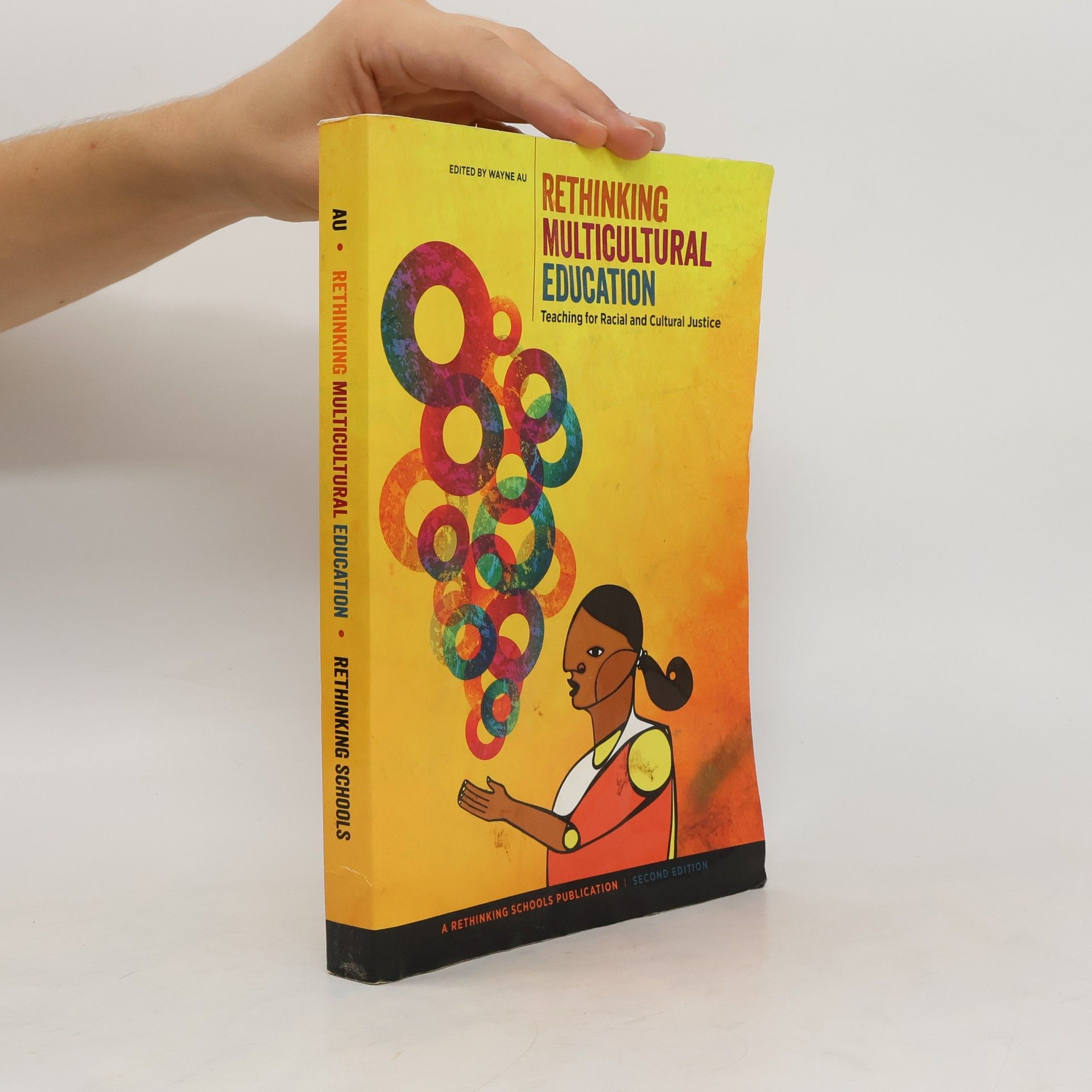Rethinking Multicultural Education
- 417 stránok
- 15 hodin čítania
This second edition is a collection of articles dealing with race and culture in the classroom that have appeared in Rethinking Schools magazine.
Tento autor sa zaoberá kritickou vzdelávacou teóriou a sociálnou spravodlivosťou vo vzdelávaní. Jeho práca skúma, ako systémové nerovnosti formujú a ovplyvňujú vzdelávacie príležitosti. Prostredníctvom svojho výskumu a publikačnej činnosti sa snaží poukázať na problematické miesta v súčasnom vzdelávacom systéme a navrhnúť cesty k jeho spravodlivejšiemu usporiadaniu. Jeho zameranie na štandardizáciu a jej dopady na nerovnosť vnáša do diskurzu o vzdelávaní hlbší sociálny a kritický rozmer.



This second edition is a collection of articles dealing with race and culture in the classroom that have appeared in Rethinking Schools magazine.
High-Stakes Testing and the Standardization of Inequality
Focusing on the impact of high-stakes testing, this edition explores systemic issues in U.S. education that perpetuate inequality. It highlights the consequences for students, teachers, and communities, revealing the stakes involved in standardized assessments. Through critical analysis, the book aims to shed light on the enduring challenges faced within educational systems, prompting readers to reconsider the implications of such testing practices.
Focusing on the intersection of Asian American experiences and U.S. education, this book delves into the complexities of racialization and its implications for educational theory, policy, and practice. It serves as a crucial resource for educators and activists committed to anti-racist, liberatory, and abolitionist approaches in education, highlighting the unique challenges faced by Asian American students and advocating for meaningful change within the educational system.